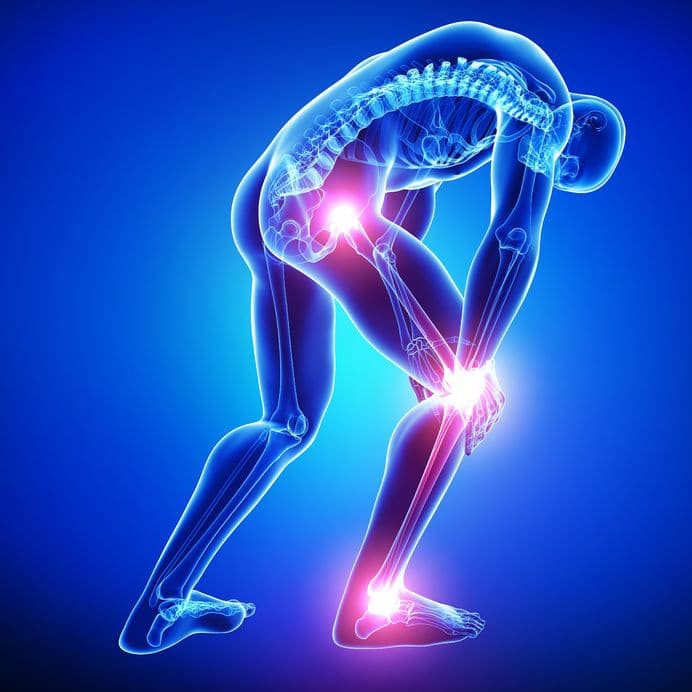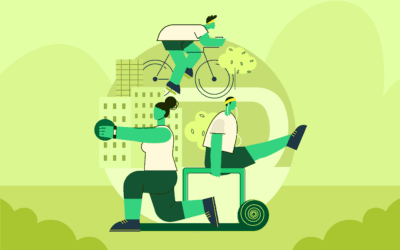How to deal with Sciatica injuries, the do’s and do not’s.

For those who are not very familiar with sciatica related injuries, sciatica is a nerve-related injury that causes pain to a person in his/her lower back which travels down to one leg and sometimes even one’s foot. Source.
This injury is not only common in sportsmen but also in ordinary people who live an active life.
Causes:
Generally, sciatica pain starts from the lower back or buttocks. It is quite common that it occurs as a lumbar disc herniation. This could be a result of a sports injury or even a bad fall. It causes the sciatic nerve to be pressed directly which causes irritation and inflammation.
The other causes of sciatica can be irritation nerves that are from adjacent bones, internal bleeding or even infections around the lumbar spine area.
If not due to a sports injury, sciatica occurs generally between the ages of 30-50 years.
Normal wear and tear also could contribute to this pain.
Sciatica and sports injuries:
Sports can put a strain on one’s body which causes the body to get injured. Muscle, nerve, and bones related issues are very common in most if not all athletes/sportsmen.
A lot of sports are contact sports which increase the risk of the body being impacted.
The body’s traumatic reaction to an impact can lead to the injury and compression of the sciatic nerve.
[pullquote]Under pressure, the sciatic nerve causes pain in that area, weakness and either tingling or a numbing feeling along the length of the nerve. Hence footballers, wrestlers or even golfers may get this injury, as the back is largely involved.[/pullquote]
In certain cases, over a period of time, this can cause herniated discs as a result of heavy weightlifting or constant back twisting like in golf.
Treatment:
If it is not very severe, sciatica can be treated by doing proper stretching and even deep tissue massage in that area.
Going to the physiotherapist is the best option for anyone with sciatica pain. They start with restoring your normal back joint range of motion and even restore the lower limb muscle flexibility.
Yoga could help you ease the pain. These are a few asanas that may soothe the pain. Source.They may even recommend a few sitting of ultrasound therapy if needed. Strengthening and conditioning of muscles like the core and back muscles may be recommended too.
Undergoing the correct rehab for the correct amount of time is really necessary as if you ignore it or take it lightly, recovering or getting back to your usual activities can become quite the challenge.
Swimming and hydrotherapy could work for you too. This is because swimming is such an activity where the muscles and bones aren’t loaded or strained but at the same time, they work enough to help you strengthen the required muscles. It will permit movements without causing much pain.
[pullquote]It is important to note, that even if you follow the treatments given to you by your doctor/physiotherapist it can reoccur. Generally, it is because a person may be laid back and not undergo the treatment as religiously as it should be done.[/pullquote]
Especially if you are a sportsperson, you should never compromise on the amount and quality of rehabilitation required for you to get back to the sport.
Since the right type of stretching can help a lot to prevent sciatica from occurring, this video will guide you on how to go about it :
Do’s and Don’ts:
If you have sciatica pain there are some things you should do and some things you shouldn’t do.
Here are some of them:
DO’S:
–Do go to the doctor to find out the exact nature and extent of the pain
-Do light stretches to see if it eases the pain
-Do see if icing helps you
-Do get enough sleep
-Do train your hips to be mobile and see that the spine is stable.
DON’TS:
-Do not train or exercise if it provokes pain
-Do not lift heavy objects and weights
-Do not forget to warm up
-Do not ignore the pain
Conclusion:
All injuries can be treated, but how well you recover is on you and how well you follow your treatment and rehabilitation programme. Do not be in a hurry to get back your sport.





0 Comments